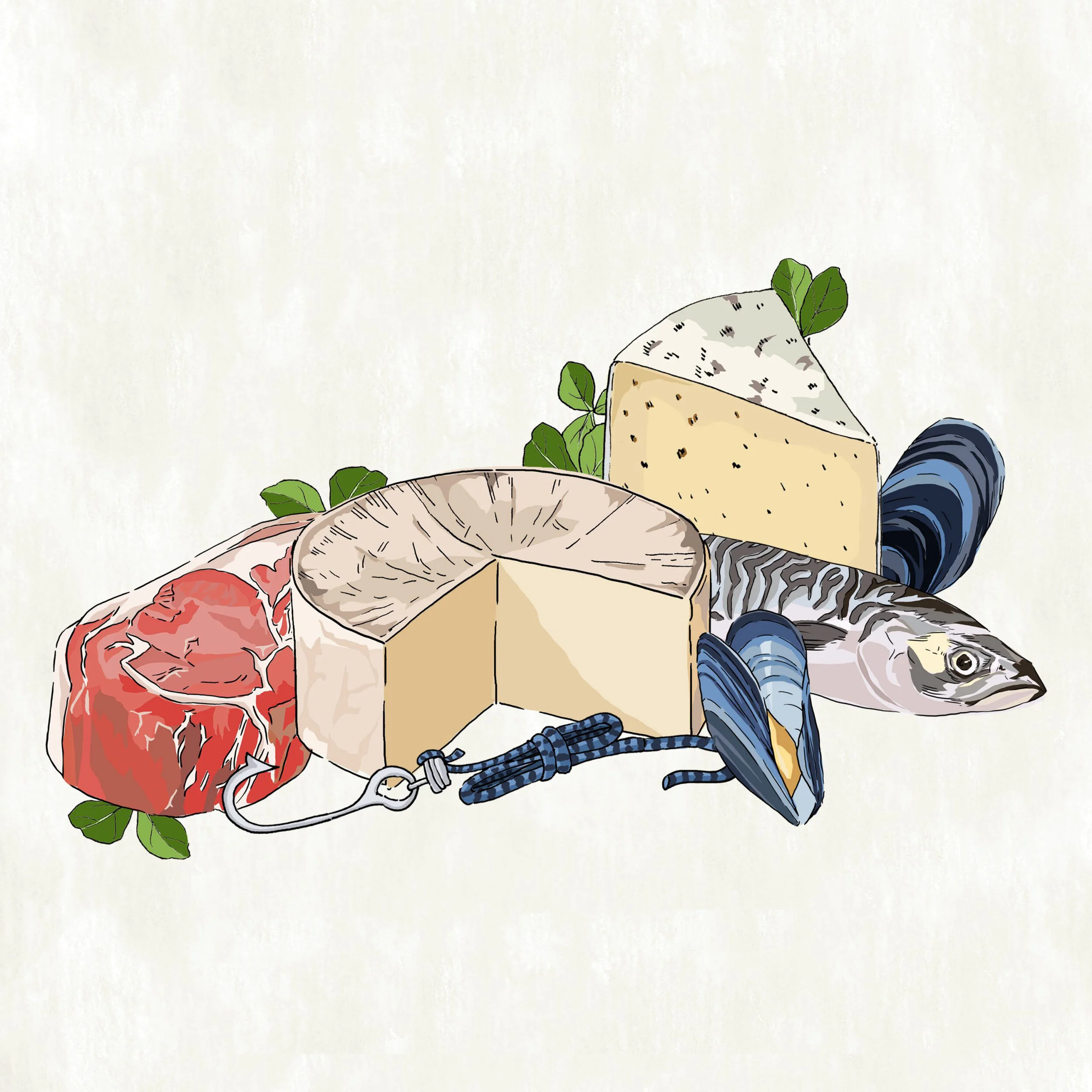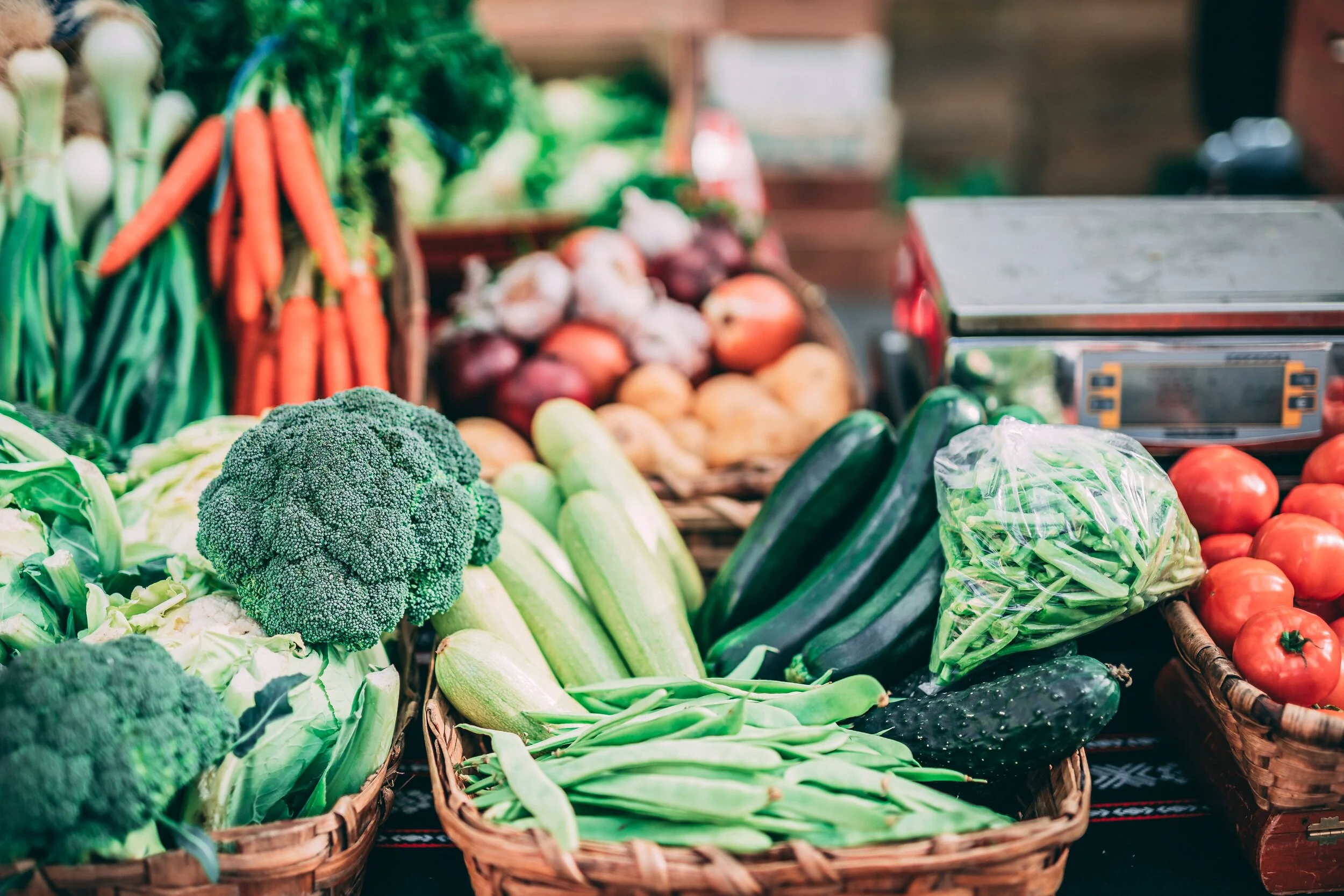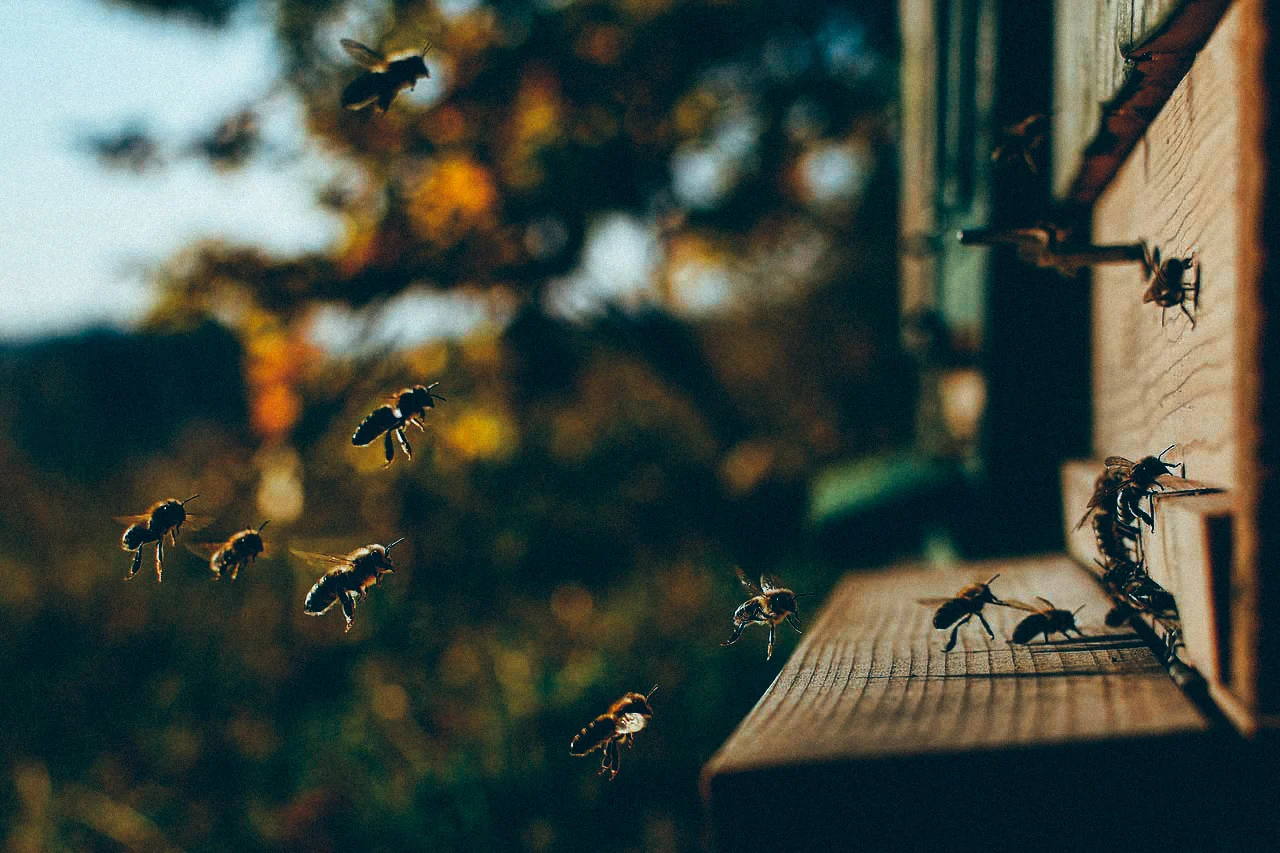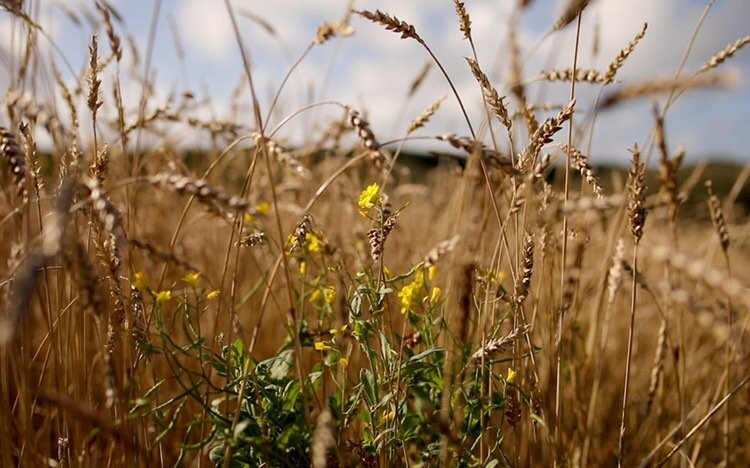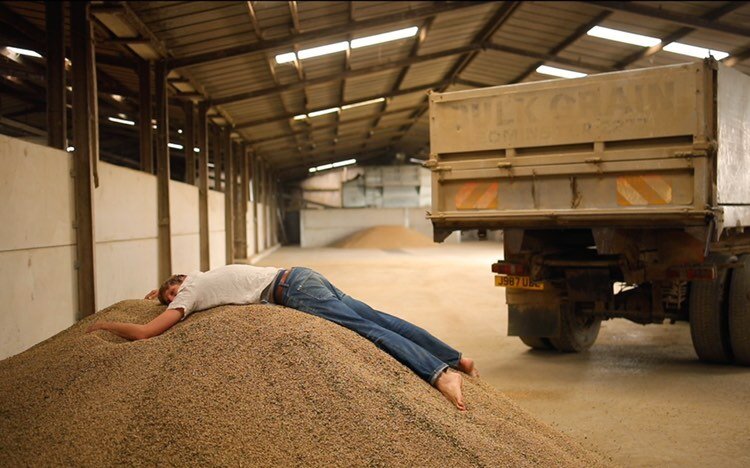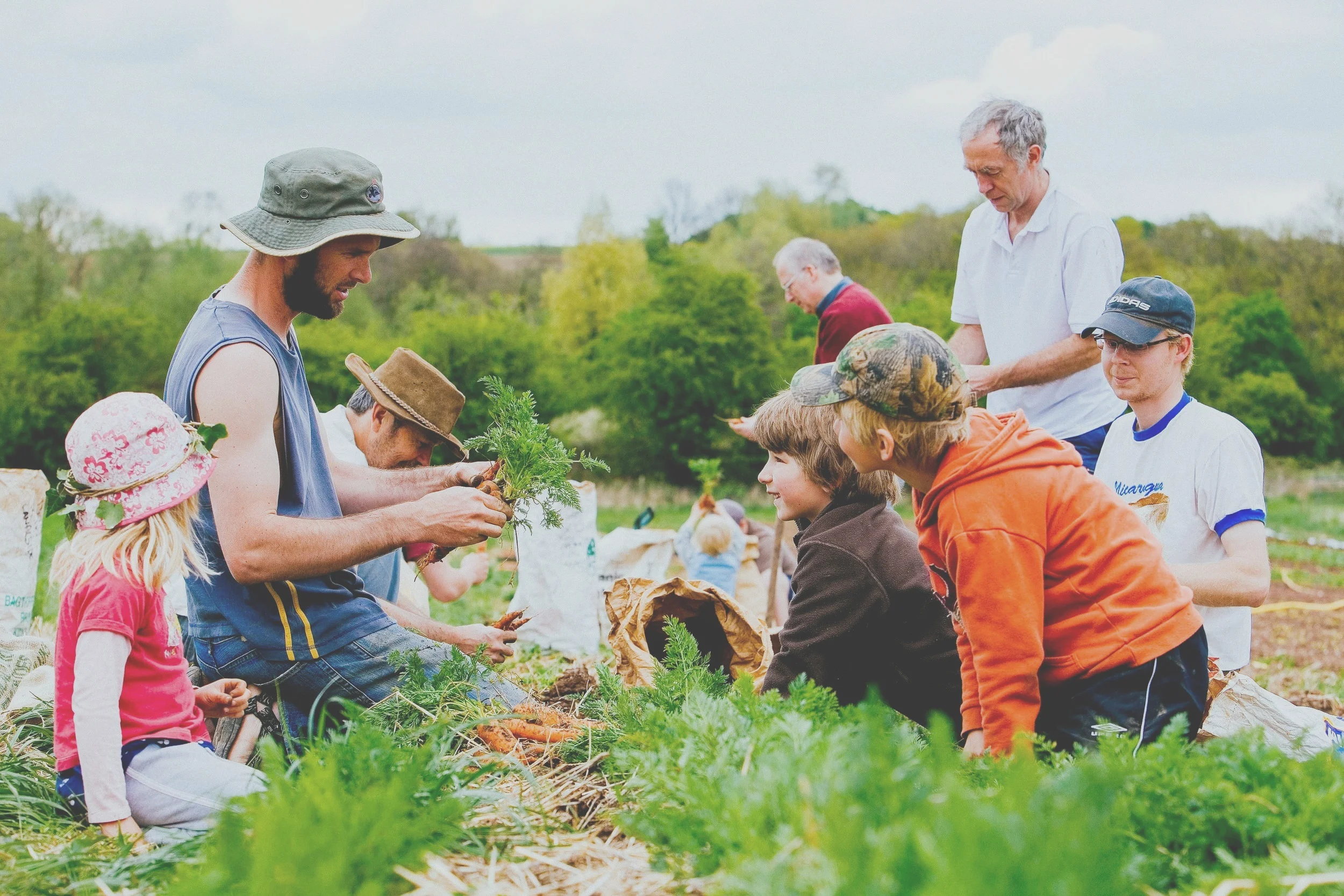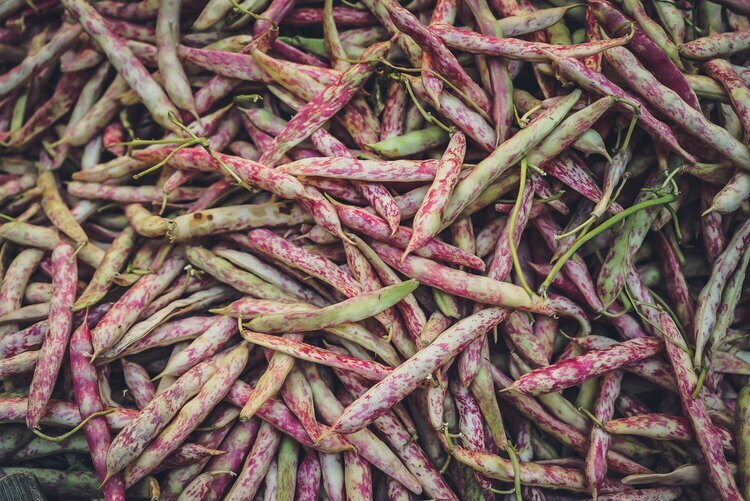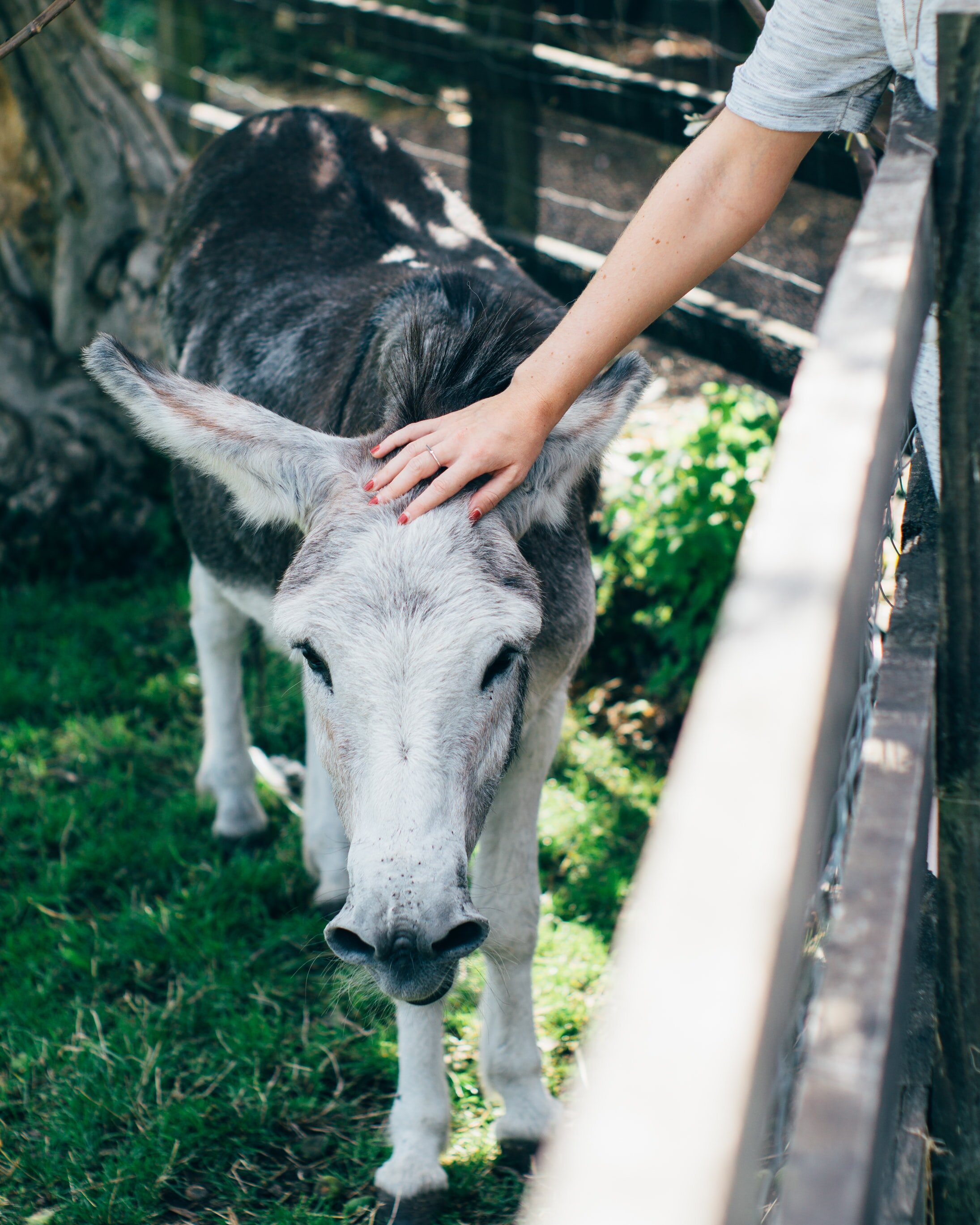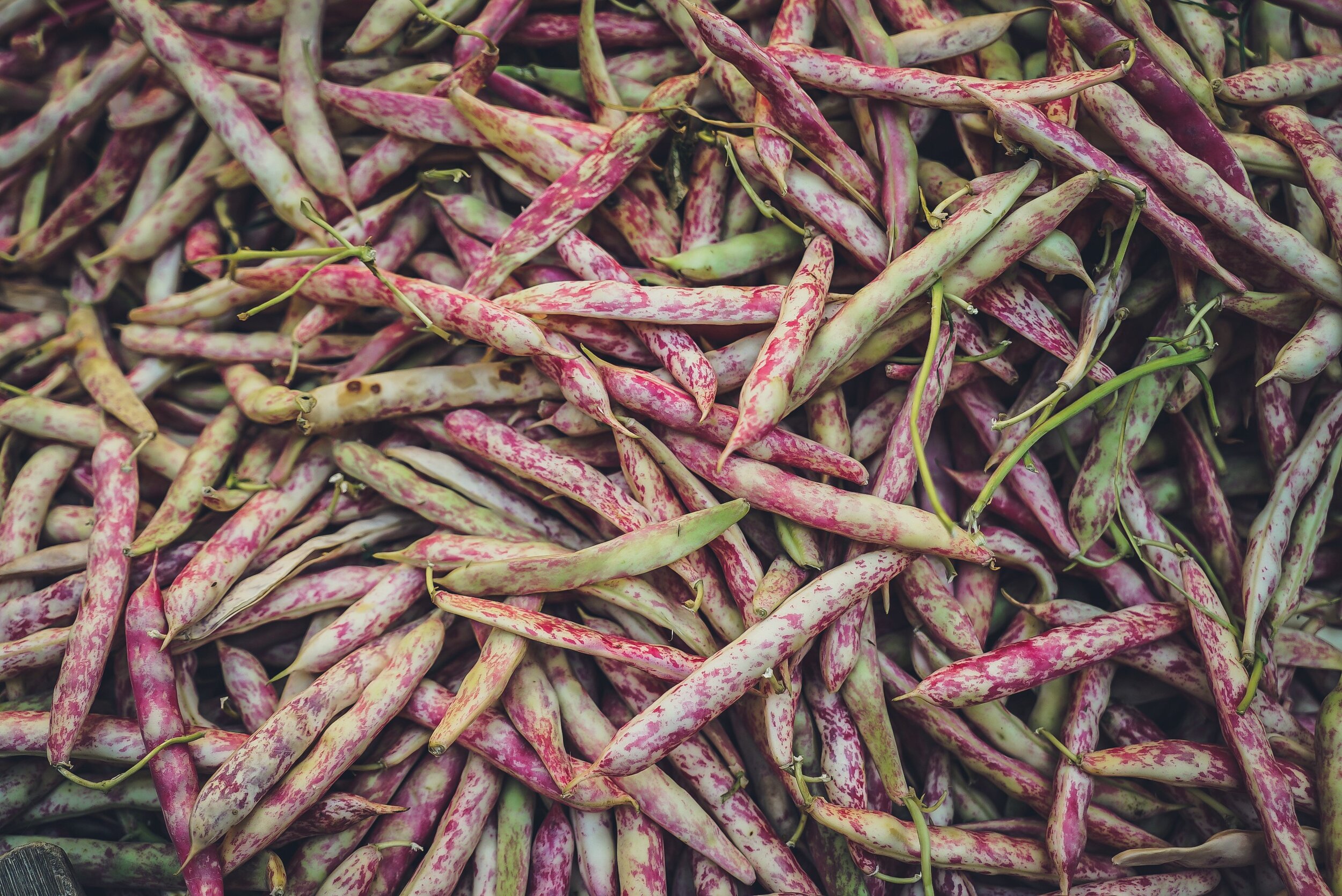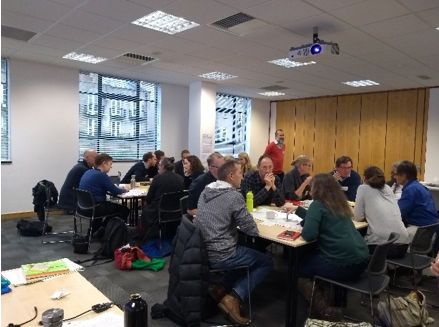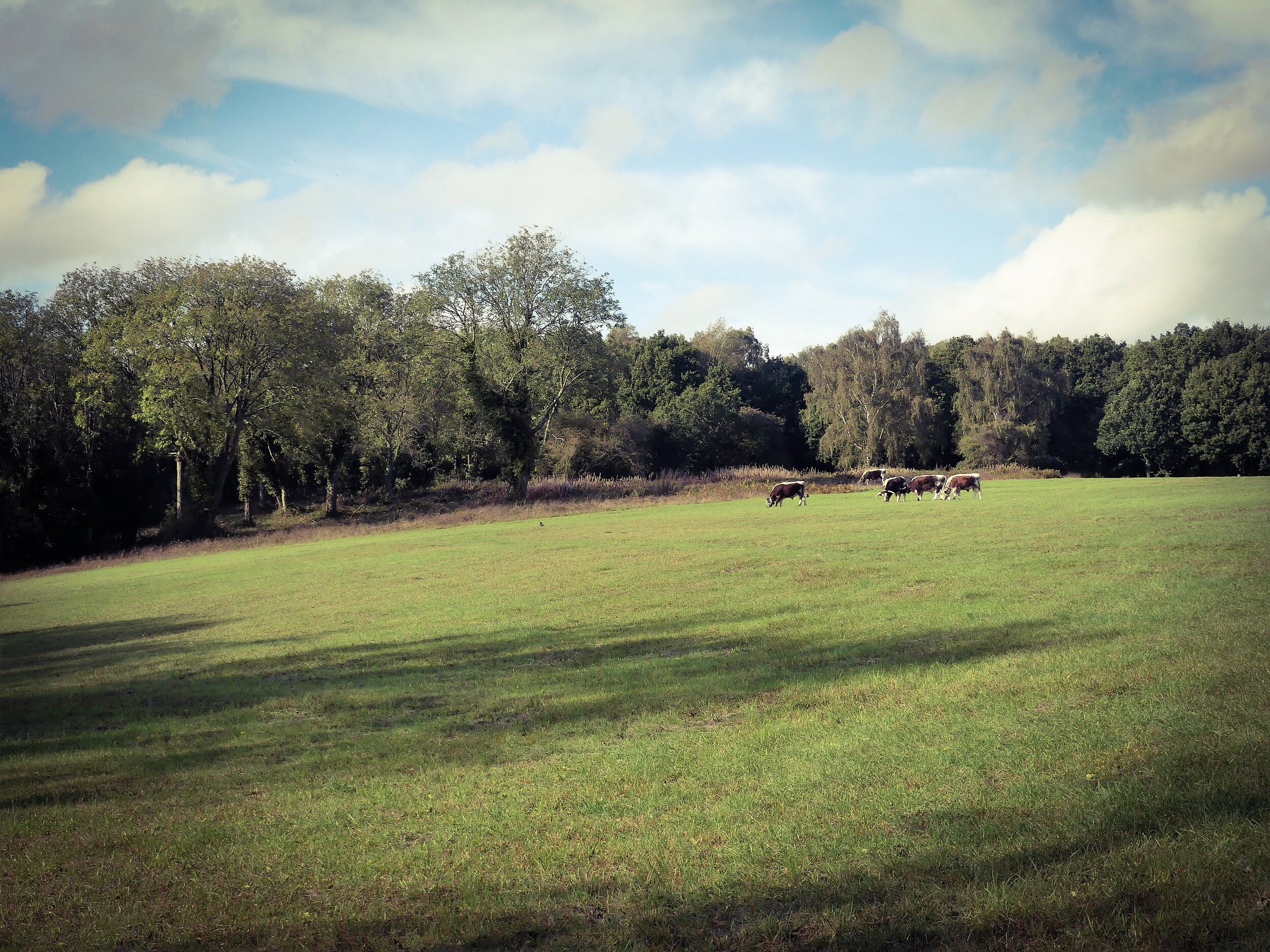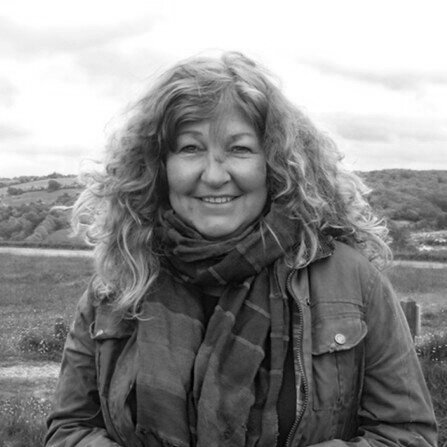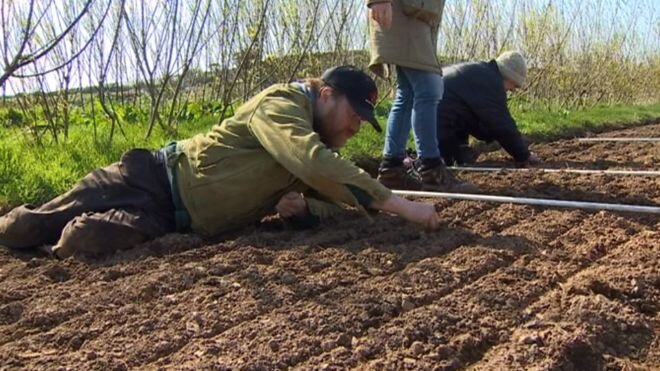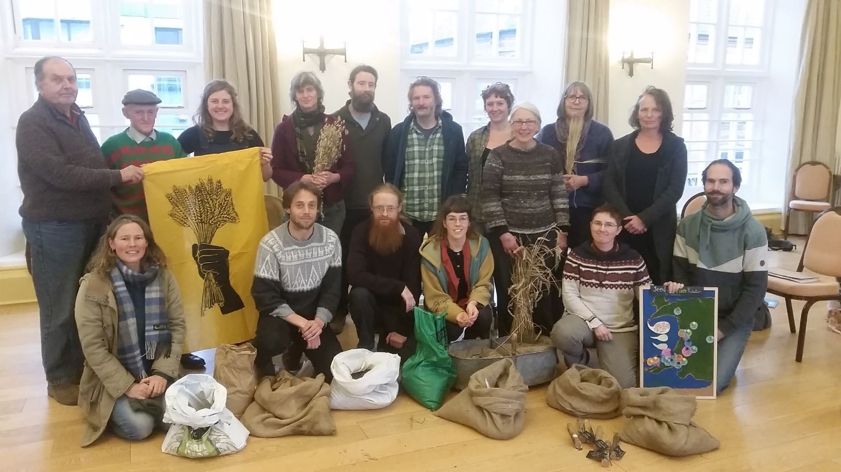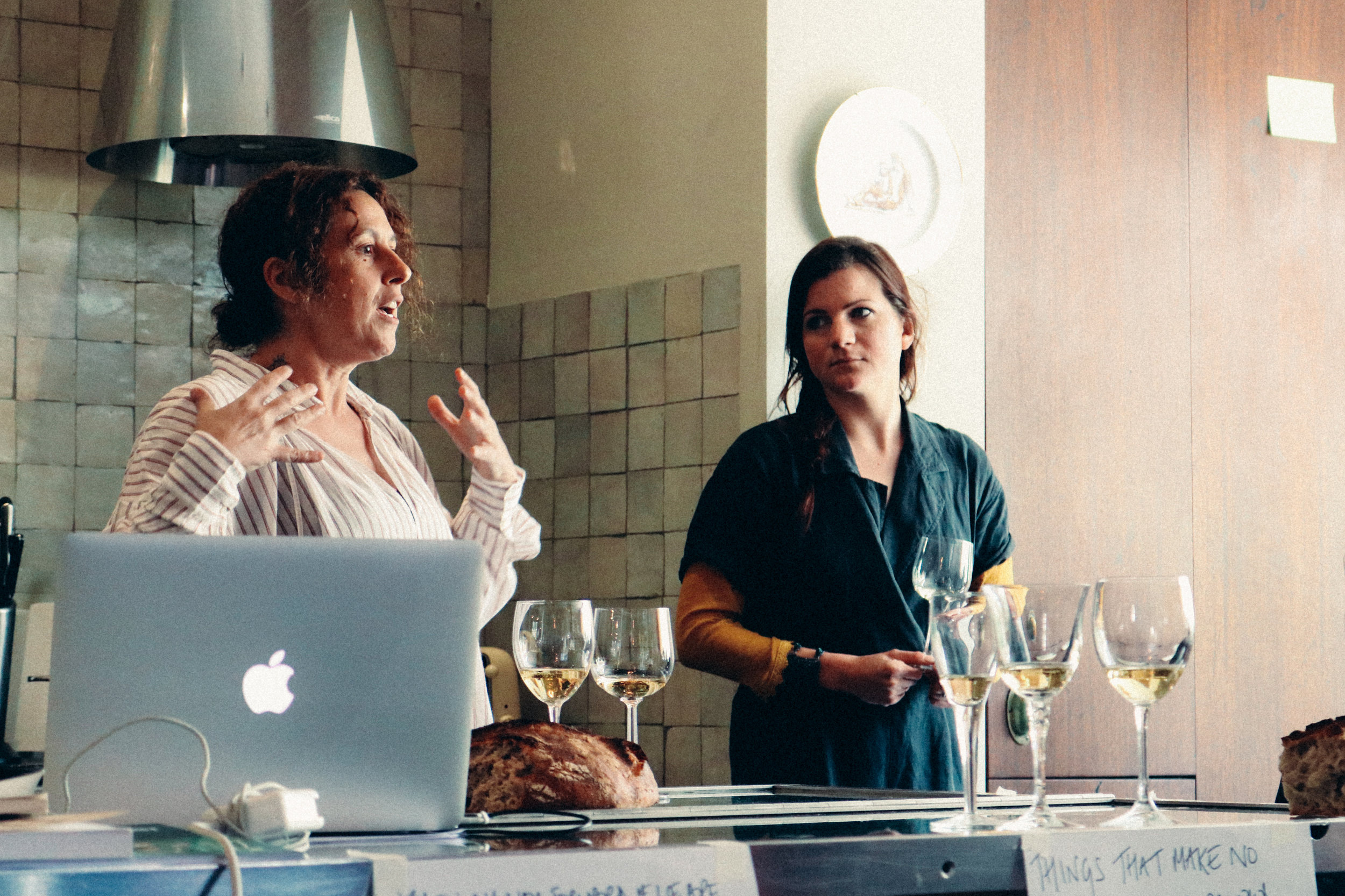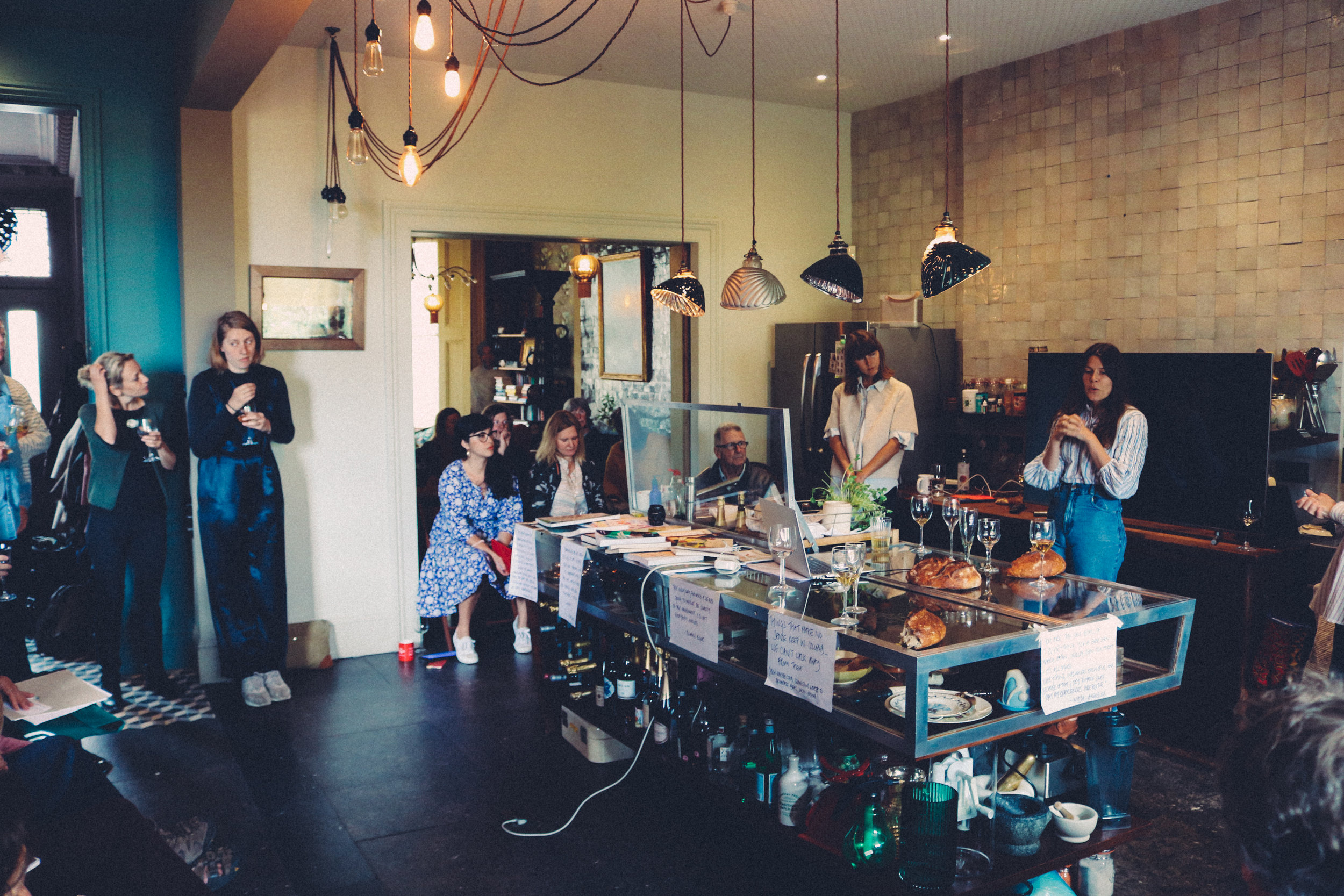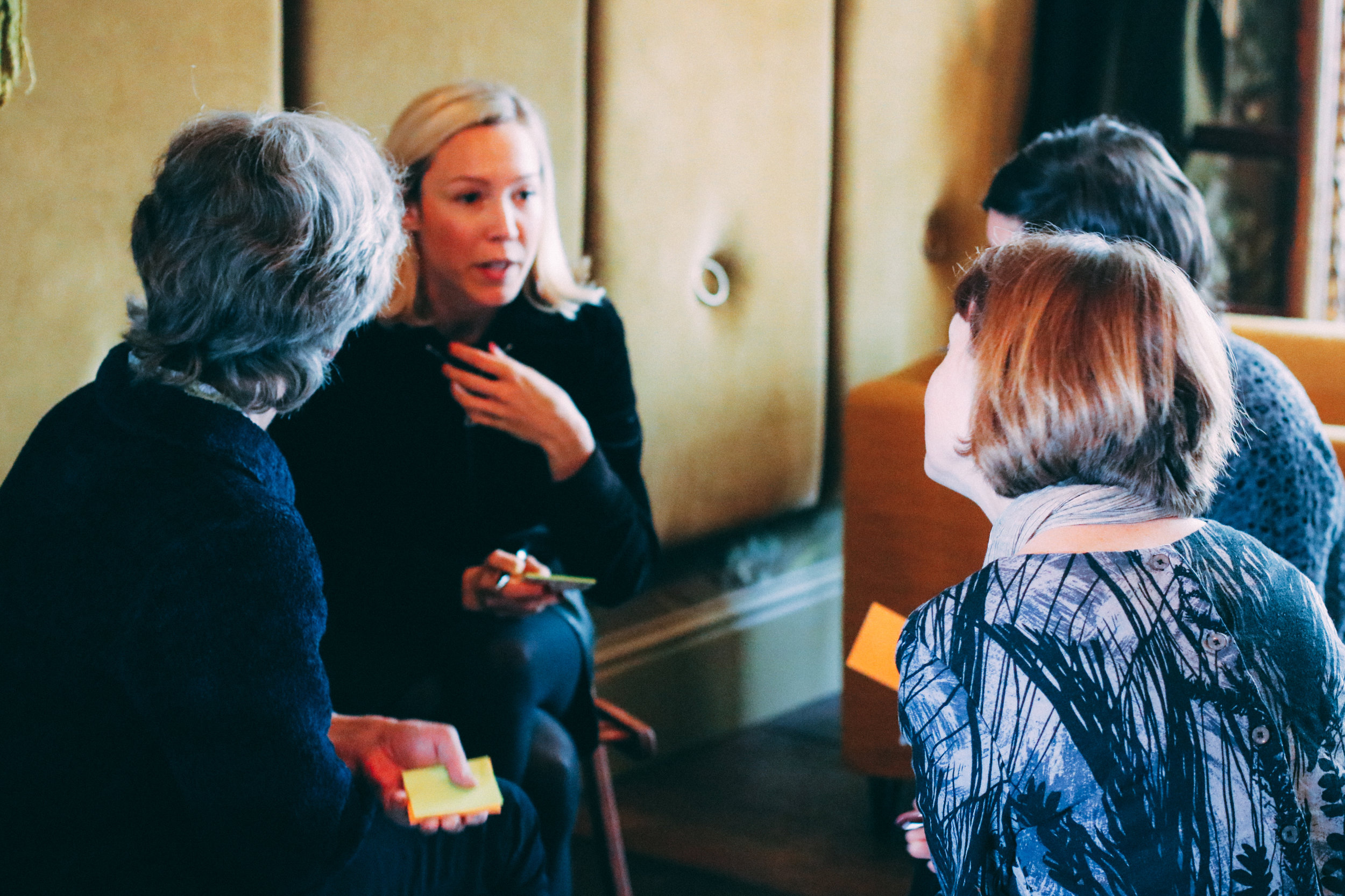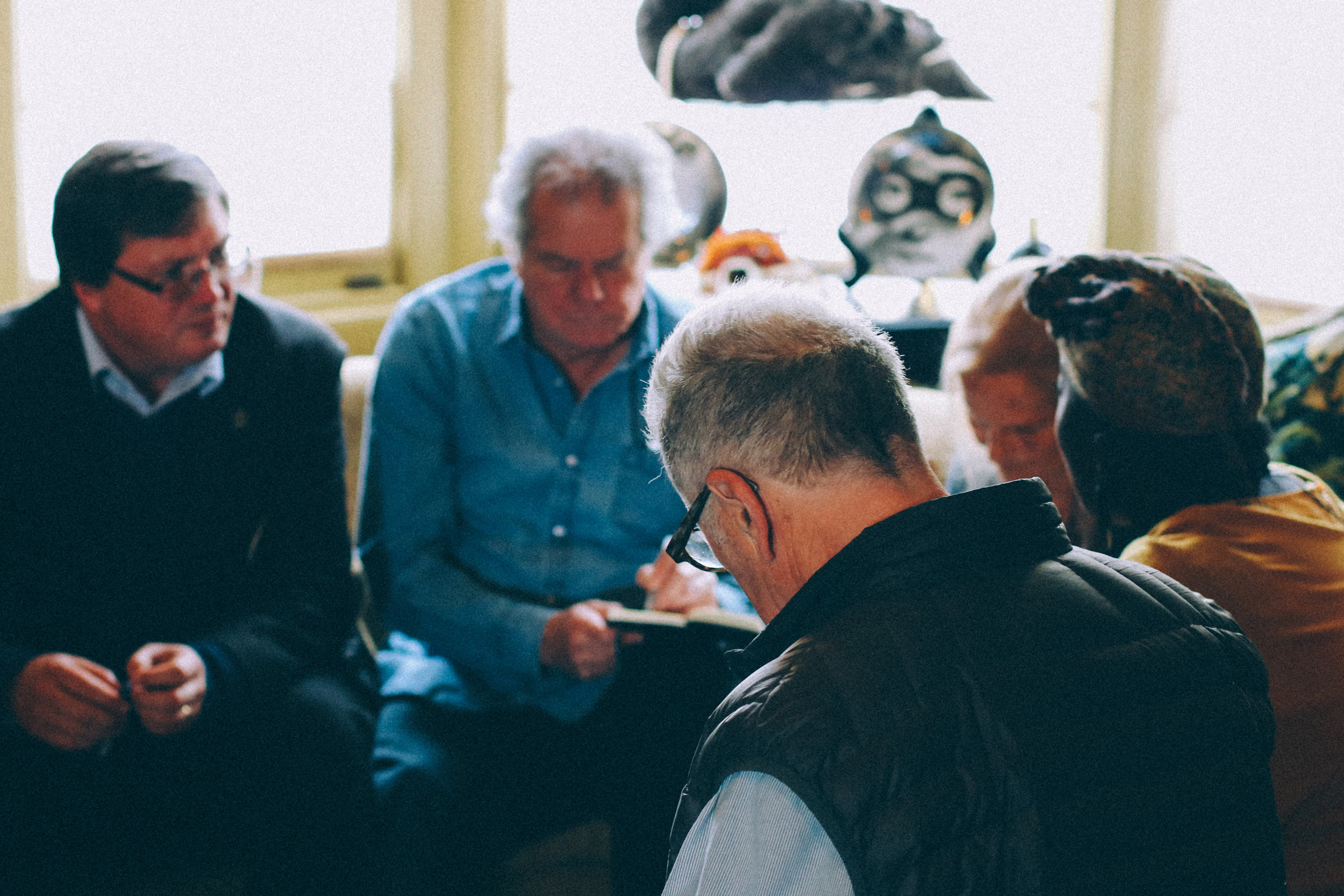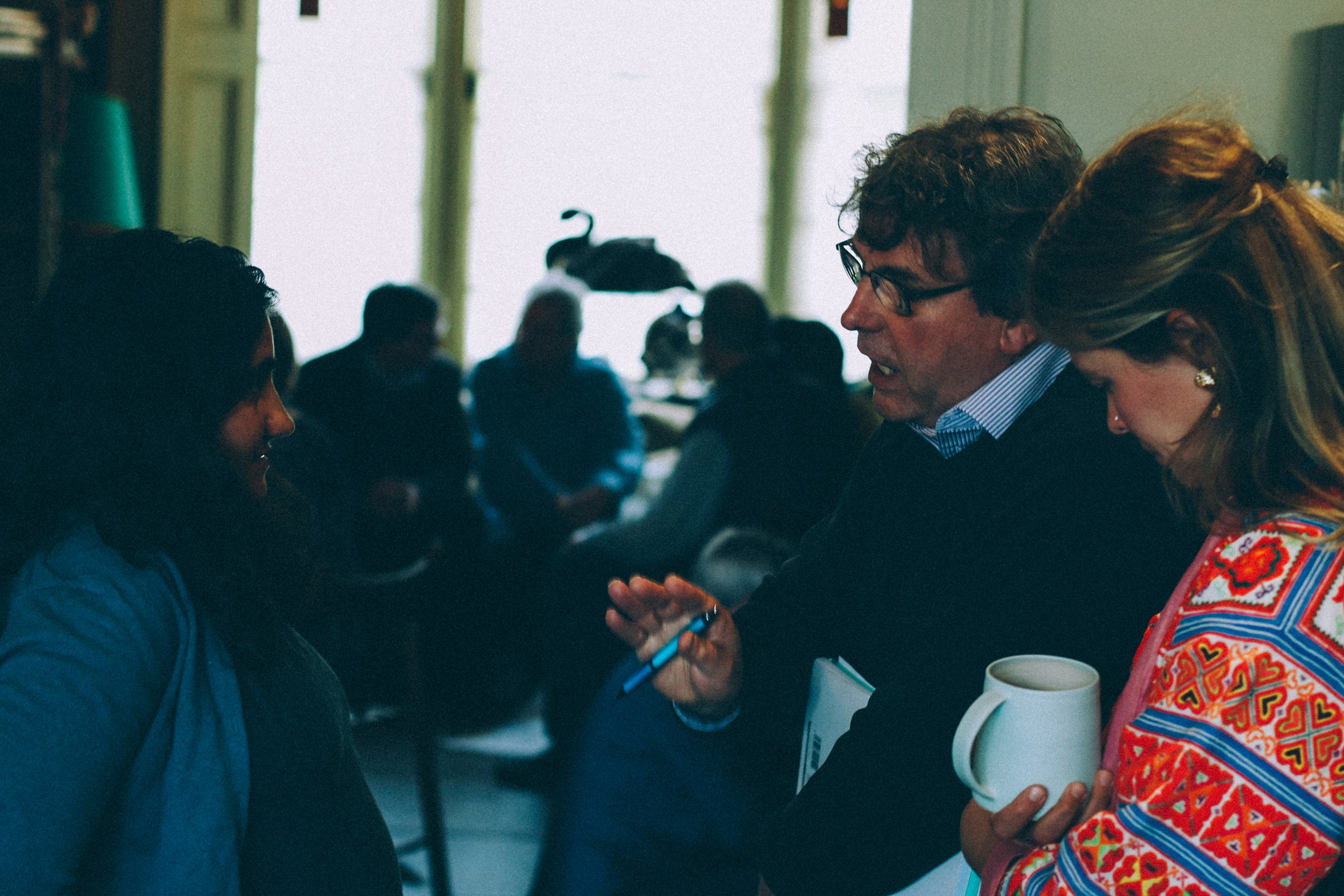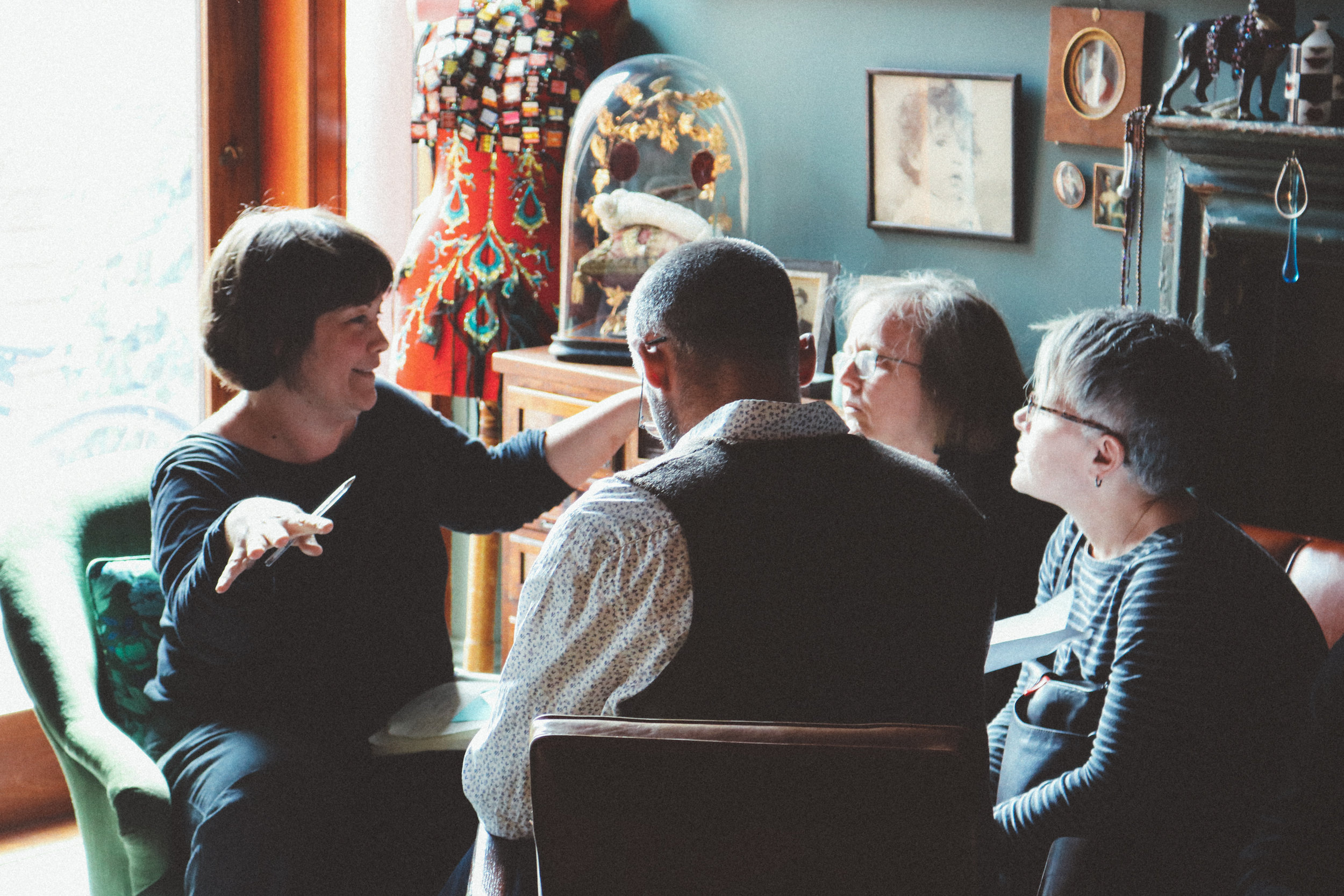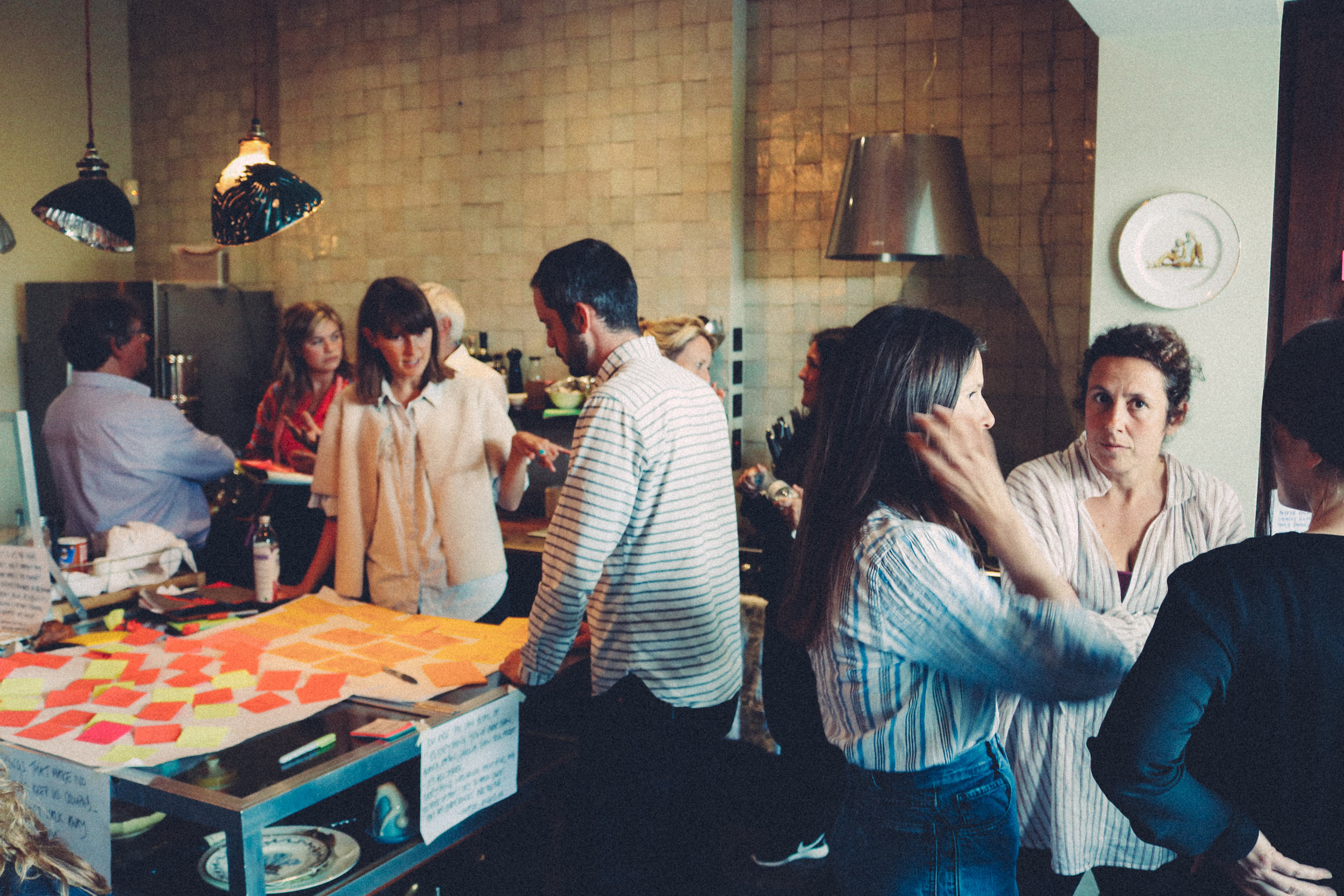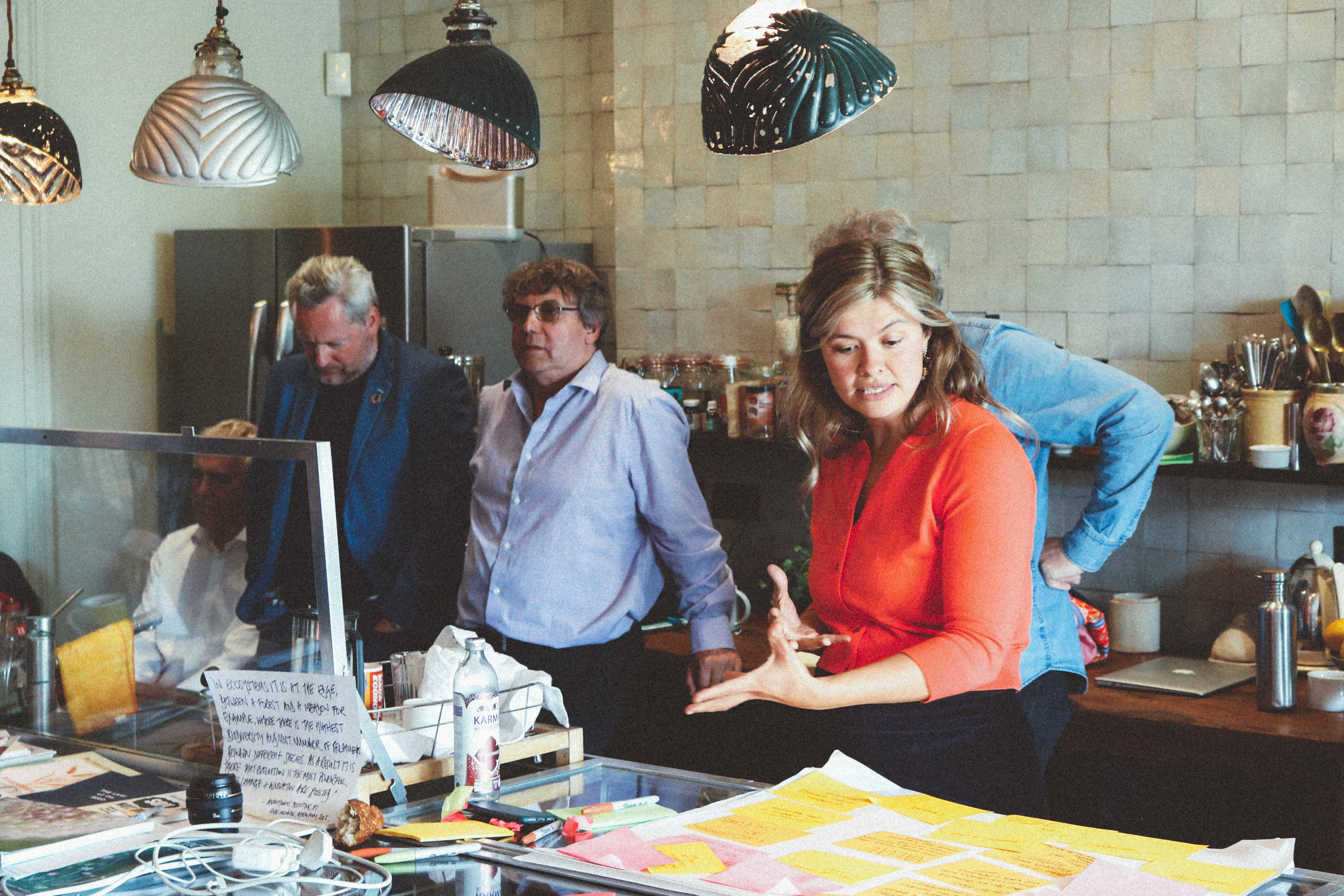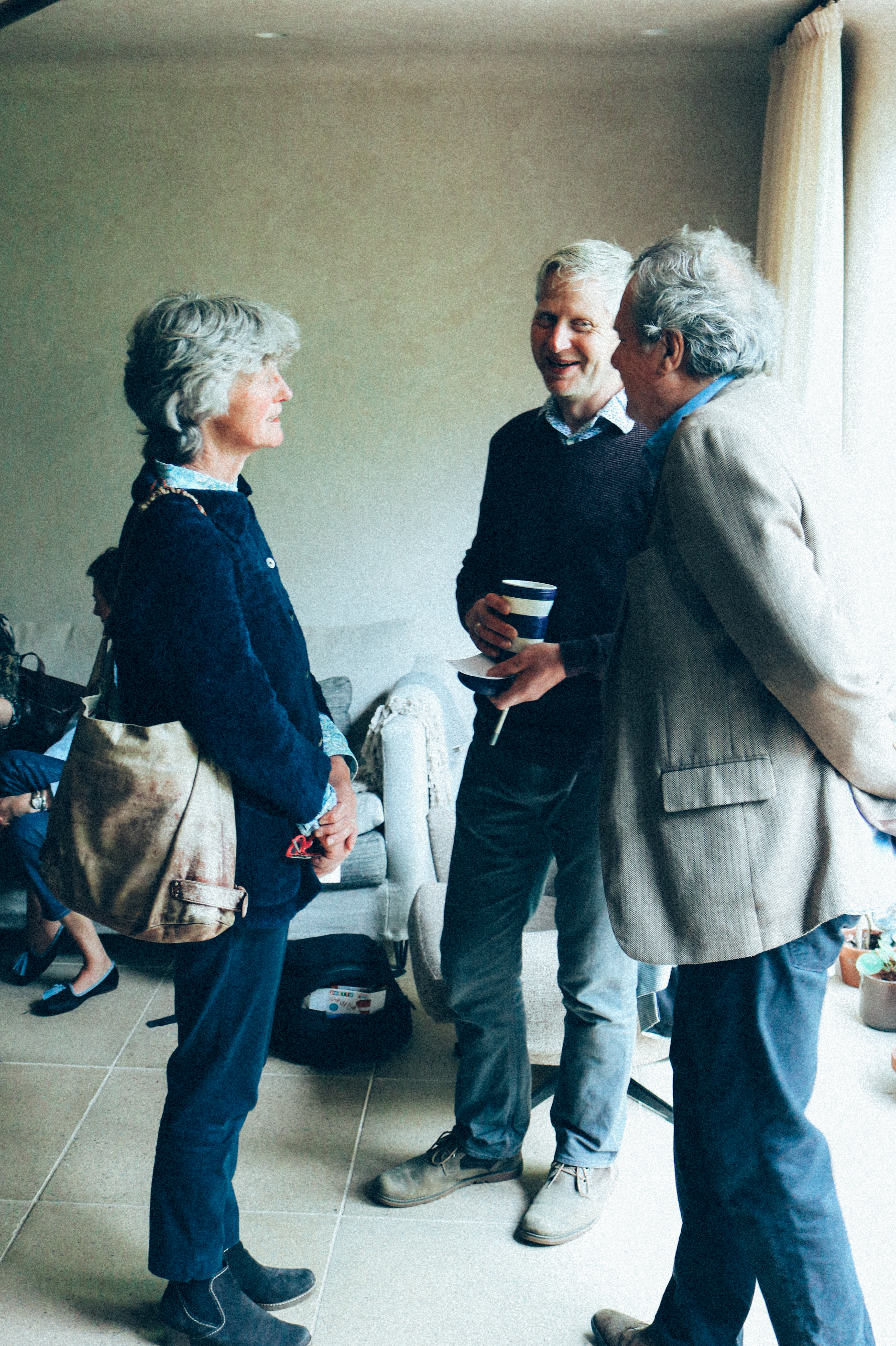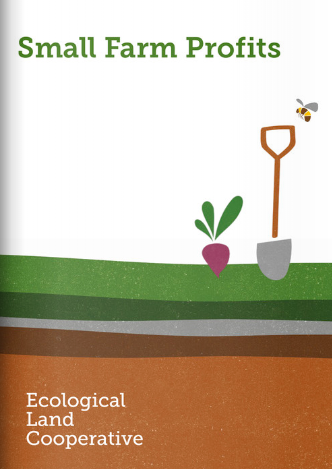“Public consultation.”
Two words destined to send most people desperately scrolling for videos of cats doing funny things, or lists of the top 10 ‘must eat’ lockdown comfort foods.
And yet public consultations have meaning – or at least they should.
On 7 January the UK government launched a public consultation into the deregulation of crops and farm animals created using gene editing.
Gene editing is a new and largely experimental genetic engineering technology. We don’t know what its uses or impacts on health or the environment might be. This is because only two gene-edited crops are being grown commercially anywhere in the world: a herbicide-tolerant oilseed rape (SU Canola) and a soybean with an altered fatty acid profile. Both have had only very limited uptake in North America.
In spite of wide-ranging promises made by Defra Minister George Eustice when he launched the consultation at this year’s Oxford Farming Conference, there is no evidence gene-editing will produce more nutritious, better yielding crops and healthier animals, that it will reduce costs to farmers and impacts on the environment, or that it will help agriculture meet the challenges of climate change.
This makes the government’s continued focus on genetic engineering as a sustainabilityquick win’ all the more baffling. But that focus is also a threat to building an agroecological future that draws much-needed attention – and funding – away from truly sustainable solutions.
Beyond GM is currently collaborating with GM Freeze, as part of a Farming the Future funded initiative, to raise awareness of, and respond to, those threats. Part of that initiative includes a response to the consultation.
Three pillars
Our response to the consultation has three pillars:
Responding to the consultation on its own terms
Demonstrating public opposition to de-regulation
Undermining the legitimacy of the consultation
Aware that the majority of UK citizens oppose GM but may not have, at their fingertips, the high levels of “evidence” the Defra consultation is requiring, we have produced advice to the public which sits on both the Beyond GM and GM Freeze websites. This helps those who wish to respond navigate the question and the issues they raise. This has been accompanied by shared social media visuals and a short video.
The initiative is also reaching out to Defra, the Food Standards Agency (and its Scottish equivalent Food Standards Scotland), to MPs and Peers who may be supportive, to actors in the devolved nations, to animal welfare and consumer groups and to those involved in countryside and conservation.
We’ve also created a core email group where those involved in responding to the consultation can update each other on activities and ask for support.
A concrete outcome of this group was that Beyond GM and Slow Food in the UK took the lead in producing a joint letter to major UK supermarkets, asking them to support strong regulation and make a clear statement that they will not stock foods made from unregulated and unlabelled gene-edited plants and animals.
The letter very quickly gained support from more than 50 UK organisations – and not just the usual suspects. Alongside the Soil Association and the Landworkers’ Alliance it was also signed by Green Christian, Students for Sustainability and numerous academics, among them Professor Emeritus of Food Policy at City University, Tim Lang.
This initiative has received a lot of social media support and is now picking up media attention, especially in high-readership trade magazines such as Retail Times, The Grocer and Natural Products News.
We’ve now received an unequivocal response from the Co-Op saying that its policy of prohibiting GM will extend to gene-editing, which was covered in the Daily Mail. We are in discussion with other retailers and have stepped up our outreach to supermarkets now by offering to facilitate bespoke online briefings with their teams.
Beyond GM is also co-hosting a Farmer’s Assembly in collaboration with the ETC group. Farmers are so often left out of the discussion and we fear their voices could be lost if they don’t respond to the consultation. This online meeting will be a chance to connect with peers and hear a variety of views. We hope it will be the first of more assemblies and that it will inform and support our work on responding to the threat that genome editing poses to agroecology.
Each of these actions helps respond to the consultation on its own terms and demonstrate public opposition to deregulation. But the government has also made some key missteps that provide an opportunity to undermine the legitimacy of the consultation.
A flawed process
Beyond GM has submitted a complaint to Defra Minister George Eustice about the process of the consultation. Our complaint lists the multiple ways in which the consultation is not being conducted in line with Cabinet Office Consultation Principles.
Perhaps the most important of these Principles states that: “Consultations should have a purpose. Do not consult for the sake of it” and that government should “not ask questions about issues on which you have already formed a final view”.
The government has clearly formed a final view and this alone makes the consultation a hollow exercise.
Public consultations are also supposed to be targeted, easy to understand and to respond to. They are also supposed to be informative, providing enough information to ensure that those consulted understand the issues and can give informed responses. They should also include “validated impact assessments of the costs and benefits of the options being considered when possible.”
This consultation does not meet any of these acid tests. It is notable that, in addition to complaints from the general public, we have come across researchers working in this area who find the entire consultation heavy going and/or who have failed to understand what it is actually about.
Ministers are not, of course, obliged to respond to complaints from civil society or citizens. But the fact that George Eustice and Defra Permanent Secretary Tamara Finkelstein have not acknowledged the letter at all, let alone responded to the serious concerns raised, is indicative of a level of contempt for civil society and the general public we find baffling.
We believe that the process could have been so much better – and still could be. We remain committed to trying to have that discussion with the government.
Hasty recklessness
Politically speaking there is an awful lot going on in the UK’s food, farming and environment sphere at the moment. It’s easy to dismiss gene editing as just one of many topics. But it’s worth remembering that, for the UK government, gene editing is the key tool in the ‘sustainability tool box’ and deregulation is essential to put that tool to use.
For the UK to consider removing regulatory controls from an entire class of genetically engineered products is, at best, hasty and at worst, reckless. Even those who have a more positive attitude to GM have signalled this belief to us.
Prior to the launch of the consultation, we, and others, made repeated requests to Defra to understand and even feed into the scope of the consultation before its launch. We received no responses.
Such a heads up would have signalled the government’s willingness to have a dialogue and would have helped us organise our own thoughts and preparations. But, in the end, civil society was given less than 24 hours’ notice of the launch of the consultation which runs for just 10 weeks (instead of the usual 12) until 17 March.
Ten weeks is no time at all to accelerate from zero to a full-blown awareness-raising campaign and yet this is what we have had to do.
It’s also not time enough for anyone other than those who have already formed an opinion to make a considered response to a complex issue.
The outcome is by no means written in stone, but the government’s hasty recklessness has served to exclude the general public, reinforce the same old battle lines and foment the same old divisive discussions that have stymied us all for years.
Author: Pat THomas
Director of Beyond GM. She is a journalist and the author of multiple books on environment, health and food. Pat is a former editor of the Ecologist magazine and has also sat on the boards of the Soil Association and the Organic Research Centre.







